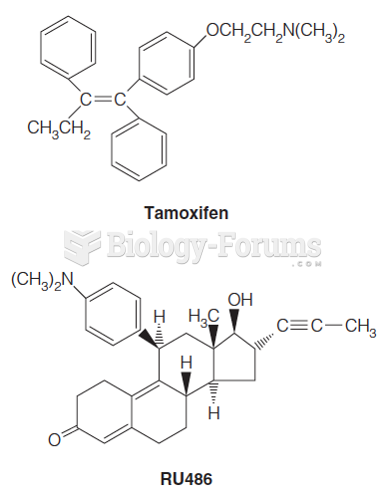|
|
|
Vampire bats have a natural anticoagulant in their saliva that permits continuous bleeding after they painlessly open a wound with their incisors. This capillary blood does not cause any significant blood loss to their victims.
Studies show that systolic blood pressure can be significantly lowered by taking statins. In fact, the higher the patient's baseline blood pressure, the greater the effect of statins on his or her blood pressure.
Earwax has antimicrobial properties that reduce the viability of bacteria and fungus in the human ear.
In most cases, kidneys can recover from almost complete loss of function, such as in acute kidney (renal) failure.
More than nineteen million Americans carry the factor V gene that causes blood clots, pulmonary embolism, and heart disease.







